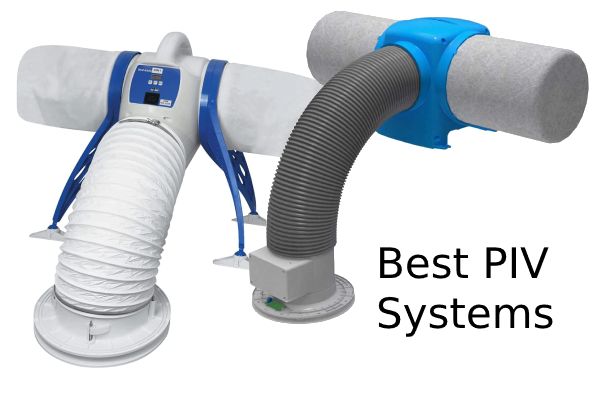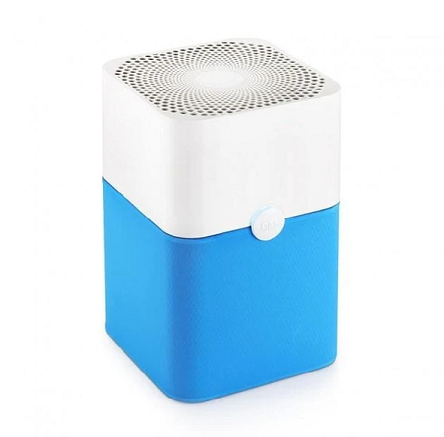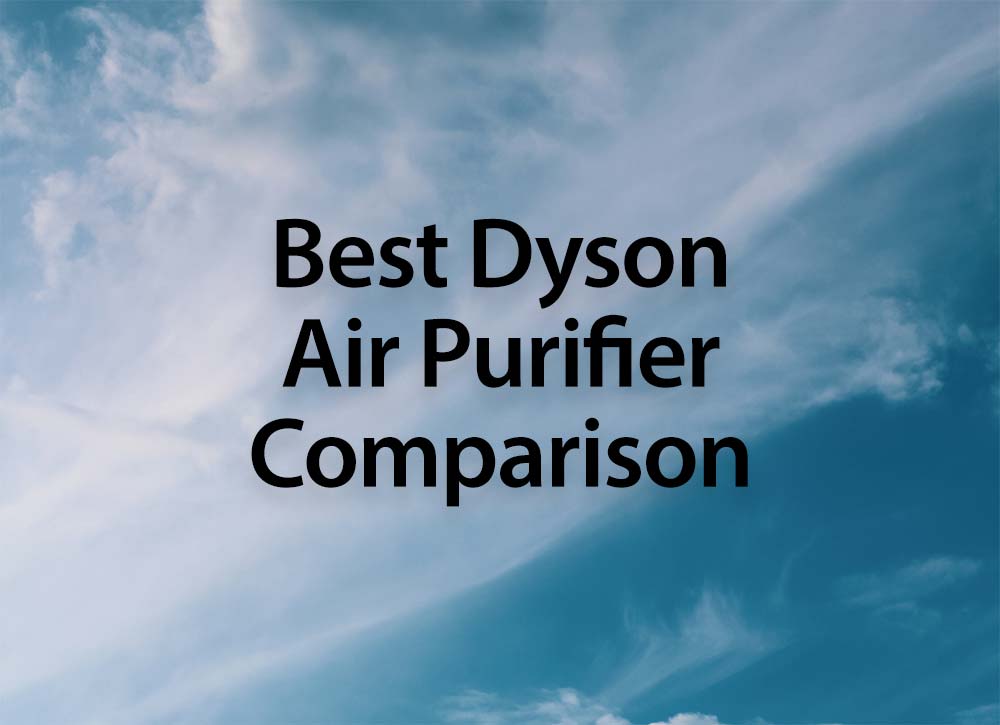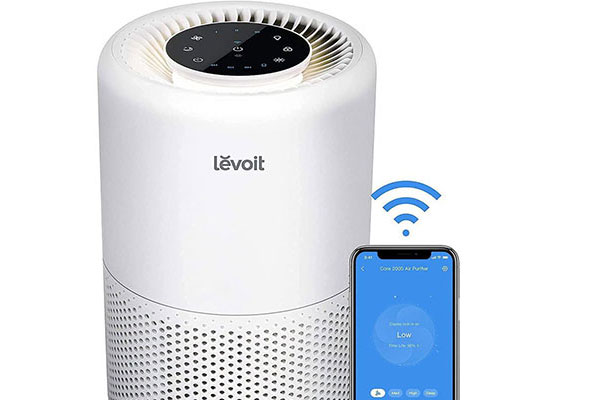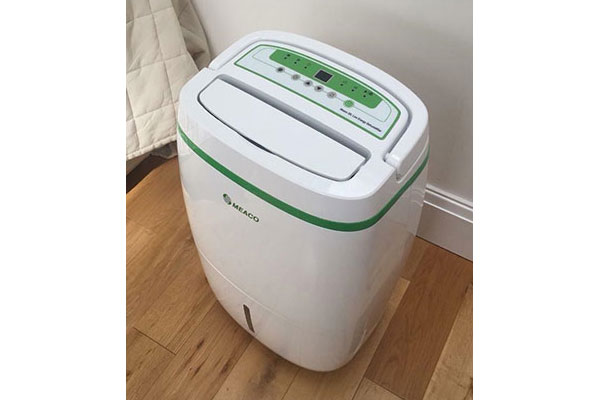Air purifiers can potentially help improve eczema symptoms by removing common triggers in the air, such as dust, pet dander, and pollen, that can aggravate the condition. Eczema is a chronic skin condition that can be caused or worsened by exposure to irritants and allergens in the environment, and airborne particles can be a common trigger.
Air purifiers work by using various methods, such as HEPA filtration, activated carbon filters, and UV-C light, to capture and remove pollutants and allergens from the air. HEPA filters are particularly effective at removing small particles, such as dust and pet dander, which are common triggers for eczema.
However, it’s important to note that an air purifier is not a substitute for other eczema management strategies, such as avoiding triggers, keeping the skin moisturized, and using medications as prescribed by a healthcare provider. If you have eczema, it’s important to work with your healthcare provider to develop a comprehensive treatment plan that addresses all aspects of the condition.
Best air purifiers to help with eczema

Levoit 400S
The LEVOIT Air Purifier for Large Home Bedroom is an air purifier designed for rooms up to 83m². It has a CADR rating of 400m³/h, and features an H13 HEPA filter that removes 99.97% of pollutants, including pollen, allergies, dust, smoke, and pet dander. The air purifier also features an intelligent air quality sensor that detects PM2.5 particles and adjusts the fan speed accordingly. It has an auto mode that optimizes its performance based on the air quality in the room. The air purifier is Alexa-enabled, allowing it to be controlled using voice commands.

Philips Smart 1000i
The Philips Smart 1000i Series is a high-performance air purifier designed for rooms up to 78m². The device is equipped with a HEPA filter that removes 99.97% of allergens, such as pollen and dust, from the air. The air purifier features Wi-Fi connectivity, enabling it to be controlled and monitored using the Philips Air Matters app. It is also ultra-quiet and has a low energy consumption, making it an energy-efficient and convenient addition to any home. The device’s model number is AC1715/30, and it comes in a sleek white design.
What in my house is causing eczema?
Here are some common triggers that can cause eczema flare-ups in the home:
- Dust mites: Dust mites are tiny creatures that live in household dust and are a common trigger for eczema. They can be found in bedding, carpets, and upholstered furniture.
- Pet dander: If you have pets, their dander can trigger eczema. Dander is the tiny flakes of skin that pets shed.
- Mold: Mold can grow in damp areas of the home, such as the bathroom or basement, and can be a trigger for eczema.
- Harsh chemicals: Cleaning products, detergents, and personal care products that contain harsh chemicals can irritate the skin and trigger eczema.
- Weather: Changes in temperature and humidity levels can trigger eczema.
- Allergens: Allergens such as pollen, mold, and dust can also trigger eczema.
To identify the specific triggers in your home, you can try keeping a journal of when your eczema flares up and any potential triggers that you were exposed to before the flare-up. You can also talk to your healthcare provider or an allergist who can help you identify potential triggers and develop a comprehensive treatment plan.
Is an air purifier or humidifier better for eczema?
Whether an air purifier or a humidifier is better for eczema depends on the individual’s specific triggers and symptoms.
Air purifiers can help remove common triggers in the air, such as dust, pet dander, and pollen, that can aggravate eczema. They work by using various methods, such as HEPA filtration, activated carbon filters, and UV-C light, to capture and remove pollutants and allergens from the air.
Humidifiers, on the other hand, add moisture to the air, which can help soothe dry, itchy skin that is often associated with eczema. They can help alleviate symptoms of eczema that are triggered by dry air, such as cracking and flaking of the skin.
If you are not sure which one to choose, you can consider using both an air purifier and a humidifier to manage your eczema symptoms. However, it’s important to use the devices properly to avoid any adverse effects. For example, using a humidifier improperly can lead to the growth of mold and bacteria, which can worsen eczema symptoms.
In any case, it’s best to consult with a healthcare provider who can help you identify the specific triggers and provide guidance on the most effective treatment options for your eczema.
Conclusion
Eczema is a chronic skin condition that causes dry, irritated, and itchy skin. Many factors can aggravate the condition, including poor indoor air quality. Common indoor air quality problems associated with eczema include airborne chemicals, low humidity, temperature extremes, and dust mites. By monitoring indoor air quality, it is possible to identify air quality issues that may be making eczema worse. To address indoor air quality problems, homeowners can ventilate, clean rigorously, use low- or no-VOC products, and avoid fabrics where dust mites thrive. It is also important to establish a good skincare regime and work with healthcare providers to manage eczema effectively.
Last update on 2024-05-03 / Affiliate links / Images from Amazon Product Advertising API


